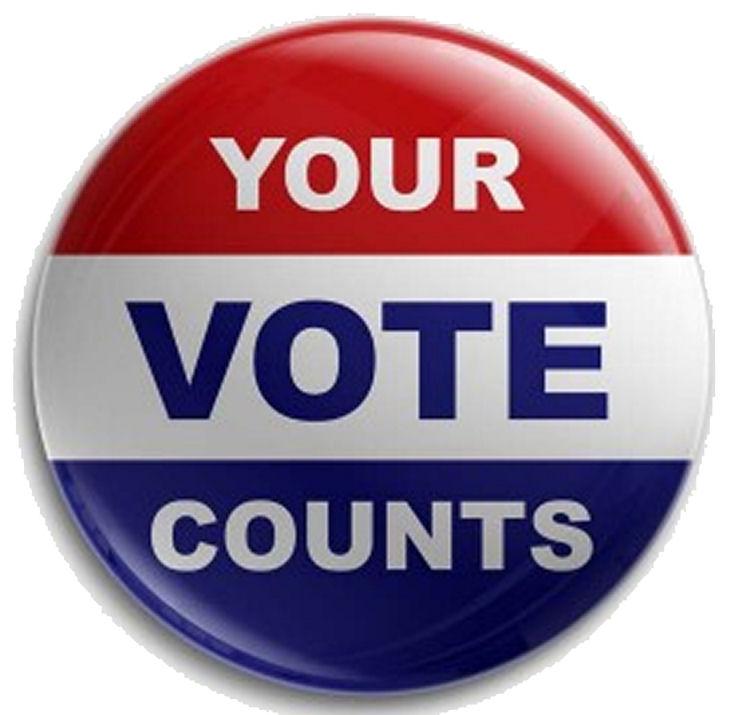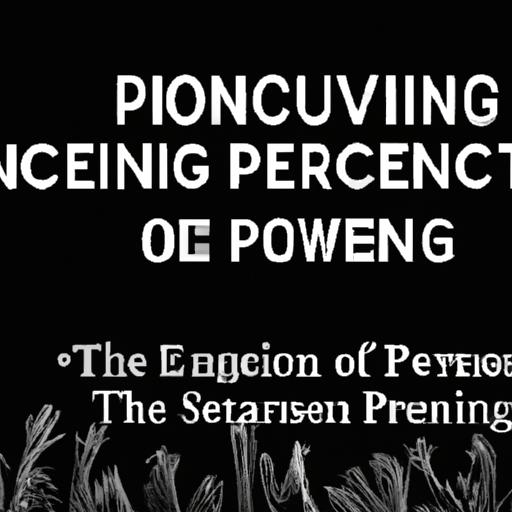The X in the Box: Why Your Vote Doesn’t Equal Agreement.

The X in the Box: Why Your Vote Doesn’t Equal Agreement
Every election season, millions of individuals head to the polls to cast their votes, placing an “X” in a box next to their chosen candidate. But what does that “X” truly signify? Does it represent complete agreement with the candidate's policies and ideologies,or does it serve as a pragmatic decision based on myriad factors? in this article,we will explore the reasons behind voting behaviors and why your vote doesn't necessarily equal agreement.
Understanding the Dynamics of Voting
Voting is an intricate process influenced by personal beliefs, societal norms, and situational circumstances. Here, we delve into several key elements that affect your voting practices.
Societal Pressures
- Cultural Expectations: Many individuals feel compelled to vote in alignment with their communities or family backgrounds.
- Peer Influence: Friends, colleagues, or social circles can sway an individual's voting choices.
- Media Impact: news outlets and social media shape perceptions of candidates, influencing voter decisions.
Voting as a Strategic Move
For many, voting may not stem from genuine enthusiasm for a candidate but rather from a strategic approach. Examples include:
- Preventive Voting: Casting a vote not in favor of a candidate but against another whom you strongly oppose.
- Partisan Loyalty: Voting along party lines despite personal disagreements with some of the party's policies.
Case Studies: Votes vs. Agreement
Let's assess a few real-world scenarios to illustrate the concept of votes not equating to agreement.
Case Study 1: The 2020 U.S. Presidential Election
In the 2020 U.S. Presidential Election, many voters who chose Joe biden cited their primary motivation as a rejection of Donald Trump rather than unconditional support for Biden's platform.
| Voter Group | Primary Motivation | Level of Agreement with Biden |
|---|---|---|
| Moderate Democrats | Opposition to Trump | 70% |
| Young Voters | Seeking Change | 60% |
| Independents | Not Trump | 50% |
Case Study 2: Local Elections
In local elections, the phenomenon often manifests more starkly. Voters may support candidates based on single issues rather than their overall platform.
| Issue | Support Candidate A | Disagreement with Other Policies |
|---|---|---|
| Environmental Policies | Yes | Healthcare Reform |
| Education Reforms | Yes | Taxation Strategies |
Benefits of Understanding This Concept
Grasping the fact that a vote does not imply agreement can have multiple benefits:
- Enhanced Political Discourse: Encouraging discussions about the complexities of voting can promote understanding and tolerance.
- Improved Candidate Selection: Voters may seek candidates who genuinely reflect their views rather than defaulting to party lines.
- Empowerment: Recognizing the strategic nature of voting can empower individuals to make informed decisions based on pragmatic choices.
Practical Tips: How to Vote with Confidence
Understanding your personal motivations can help you vote more effectively while aligning with your beliefs. Here are some practical tips:
- Research Candidates: Investigate candidates on issues that matter most to you, rather than just party affiliation.
- Engage in Discussions: Talk with others about their voting motivations to gain new perspectives.
- Reflect on Your Values: Identify what you value most to make decisions that align with your beliefs.
Personal experiences: The Evolving Nature of Voting
Many individuals may find that their view on voting evolves over time. Consider the experience of a 35-year-old first-time voter who initially voted for a major party but later decided to support a third-party candidate after reevaluating personal beliefs and dissatisfaction with the status quo. This evolution exemplifies the fluid nature of voter preferences and the often-complex reasons behind them.
Conclusion
the act of voting is a nuanced decision that encompasses far more than a straightforward agreement with a candidate or party. It's a manifestation of personal beliefs,societal pressures,and strategic considerations. Recognizing that “the X in the box” doesn't equal agreement can led to a deeper understanding of ourselves and the political landscape. Embrace the complexities of voting, engage in thoughtful discussions, and make informed choices that authentically represent who you are.




Responses